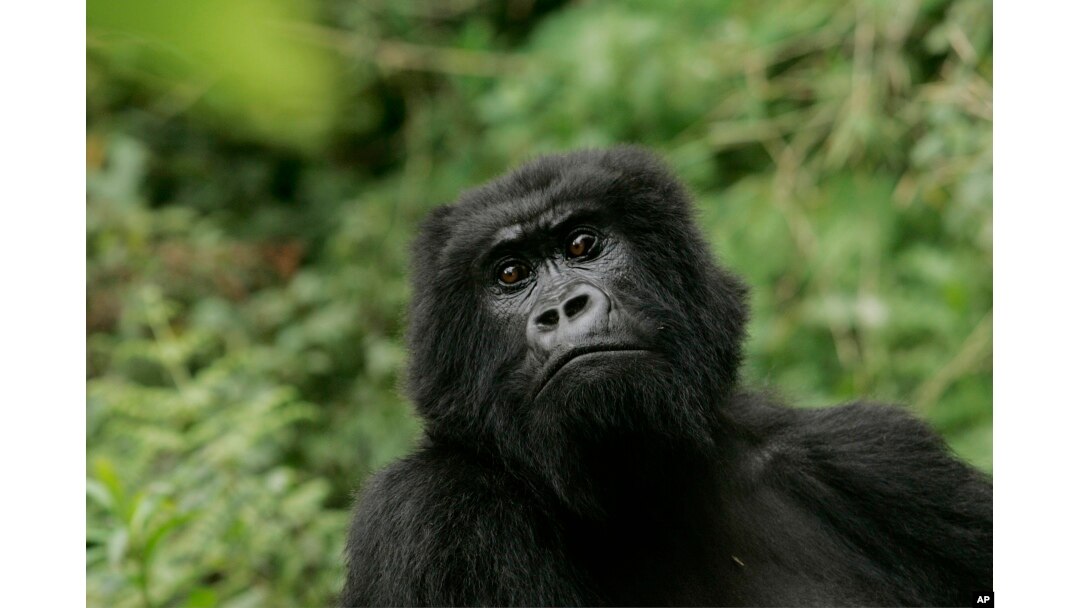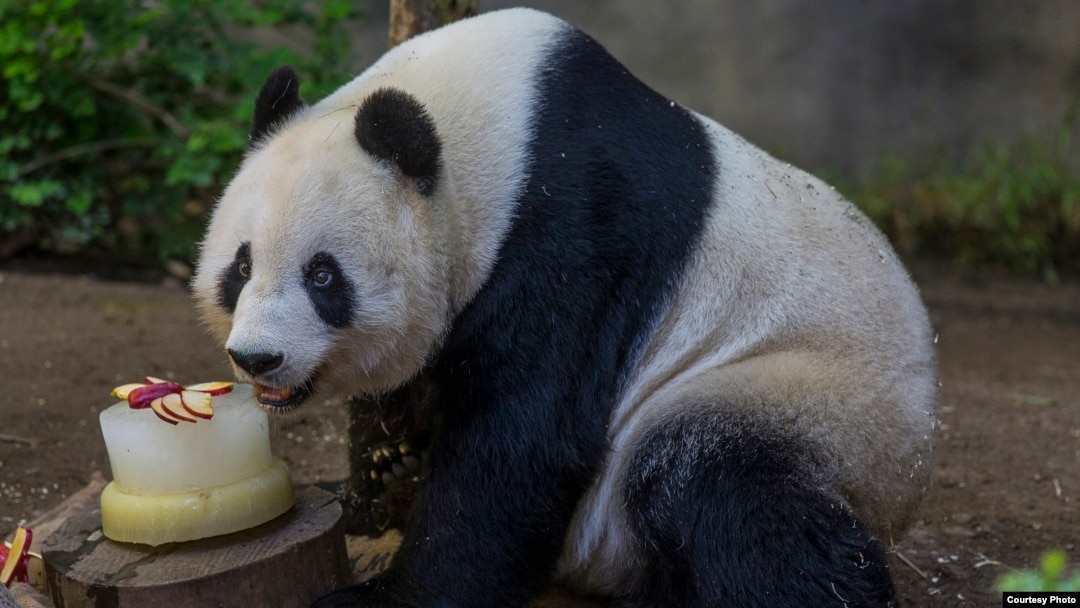Conservationists have good news for one beloved species of mammals, and bad news for another.
The International Union for the Conservation of Nature said Sunday that giant pandas are no longer "endangered" in China.
The experts meeting in Honolulu thanked the Chinese government's intense conservation program and bamboo reforestation for helping save one of its icons.
"When push comes to shove, the Chinese have done a really good job with pandas," primatologist John Robinson said.
But while the immediate future of panda survival may be bright, the coming decades may not be.
The experts warn that global warming could wipe out more than one-third of the panda's naturally wild bamboo in the next 80 years, depriving them of their chief food and leading to a decline in the panda population.
The conservationists also had bad news for one of man's closest relatives. They rated the eastern gorilla, the world's largest living primate, as "critically endangered," or just one step away from extinction.
They blame illegal hunting in the Democratic Republic of Congo, along with war, and a severe loss of forest to farmers in West Africa and Indonesia.

Endangered Great Apes: FILE - In this Nov. 30, 2007 file photo, a gorilla looks on at Volcanoes National Park in Ruhengeri, Rwanda.
"To see the eastern gorilla, one of out closest cousins, slide toward extinction is truly distressing," IUCN director Iger Andersen said. "Conservation does work and we have increasing evidence of it. It is our responsibility to enhance our efforts to turn the tide and protect the future of our planet."
The eastern gorilla joins three other great ape species -- the western gorilla, Bornean orangutan and Sumatran orangutan as "critically endangered."
Two other great ape species - baboons and chimpanzees - are listed as "endangered."


